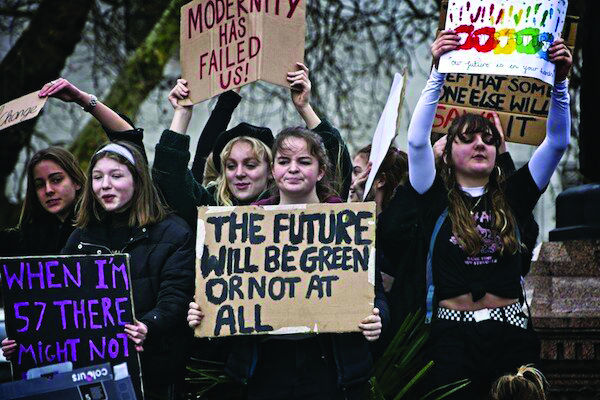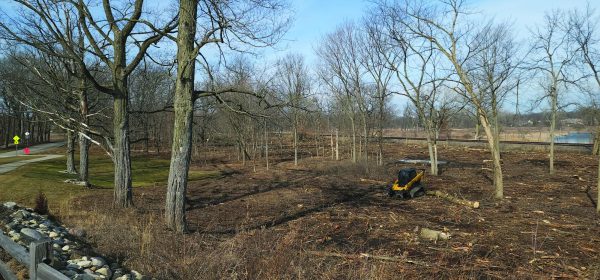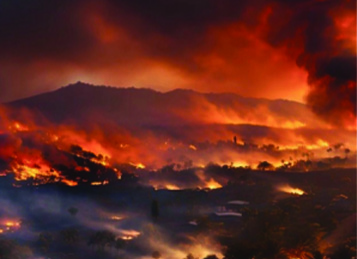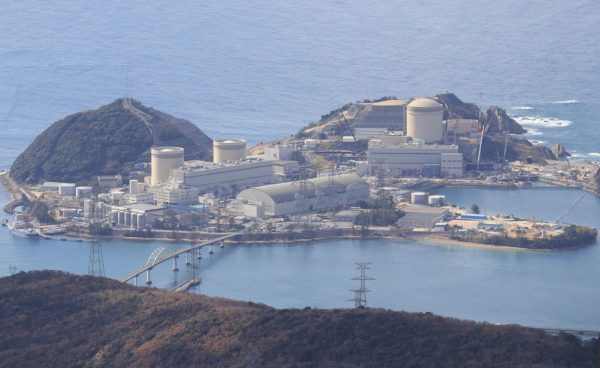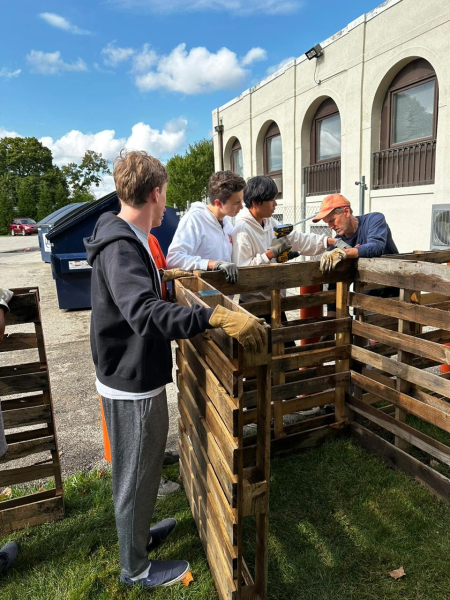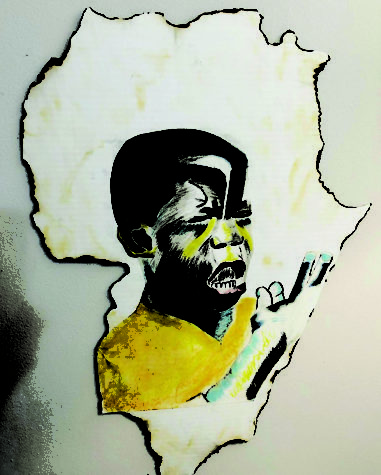Fires torch the Amazon Rainforest

October 9, 2019
If the air quality seems particularly poor, it may have something to do with the vicious burning of the “Lungs of the World.” The current condition of Rondonia, a state in Brazil, is currently one of the most deforested states in the Amazon, with more than 6,000 fires burning this year alone.
Although the Amazon is the current focus, there are also fires in the savanna and arctic regions of Siberia. The effects of this burning are both global and severe.
The New York Times says that while large animals might be able to escape the flames, many smaller animals and slow mammals like sloths will be too slow to avoid death. Amphibians, reptiles, and invertebrates are in an especially critical position because the microhabitats that they live in will completely disappear, causing the extinction of some species in the process. Chicks and eggs will be burned to a crisp, and the animals who aren’t being cooked alive will be left homeless and starving.
Ecosystems aren’t the only thing being subjected to major changes. This extreme release of carbon dioxide kills trees and vegetation that are supposed to remove greenhouse gases. The fires taking place in Alaska have the potential to permanently alter the region. This natural disaster is also burning up food sources for multiple species, including humans.
Food is just one of many resources that people can anticipate the disappearance of. Indigenous inhabitants are losing their homes and those who rely on jobs in the forests will soon find themselves unemployed. As for everyone else, this crisis has been linked to feelings of anxiety, grief, and depression. This fear and hopelessness are caused simply by reading about the situation. Those who are forced to face it first hand experience trauma, substance abuse, and a loss of personal identity. The PTSD and suicide rates have also increased substantially on a global scale.
These facts may seem daunting, but some things are being done to help. Nature seems to be working on self-recovering, as fire activity over the Amazon has now decreased to normal levels. Brazil, after initially denying help, has now accepted it, and Britain is sending over 12 million dollars in aid. There is a light at the end of the tunnel, and everyone is hoping it isn’t more flames.






